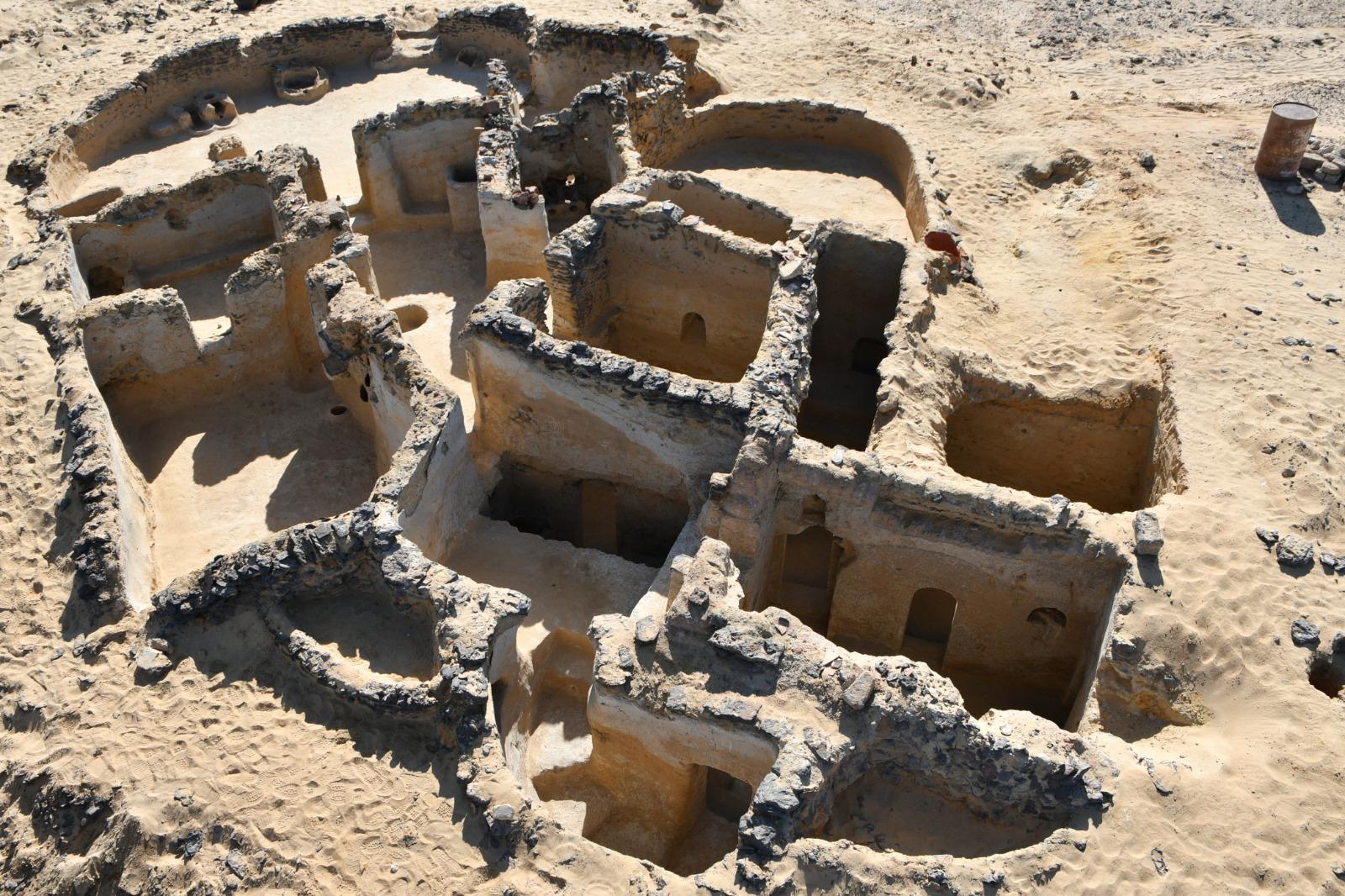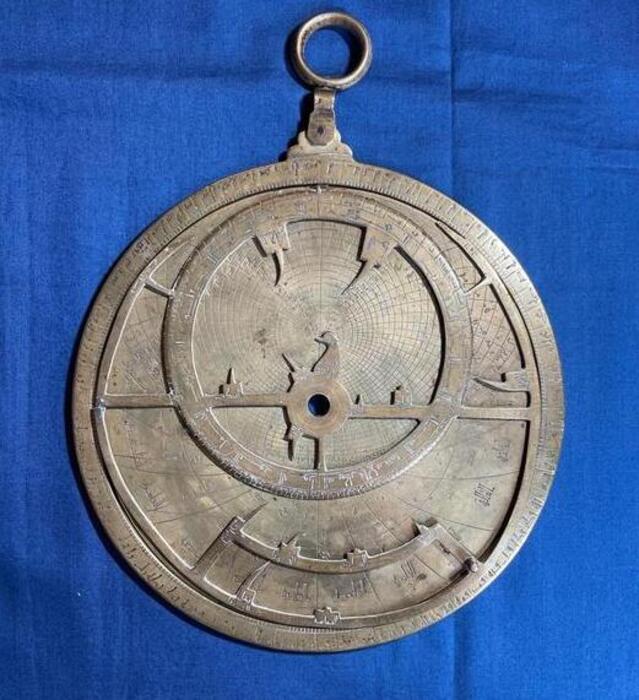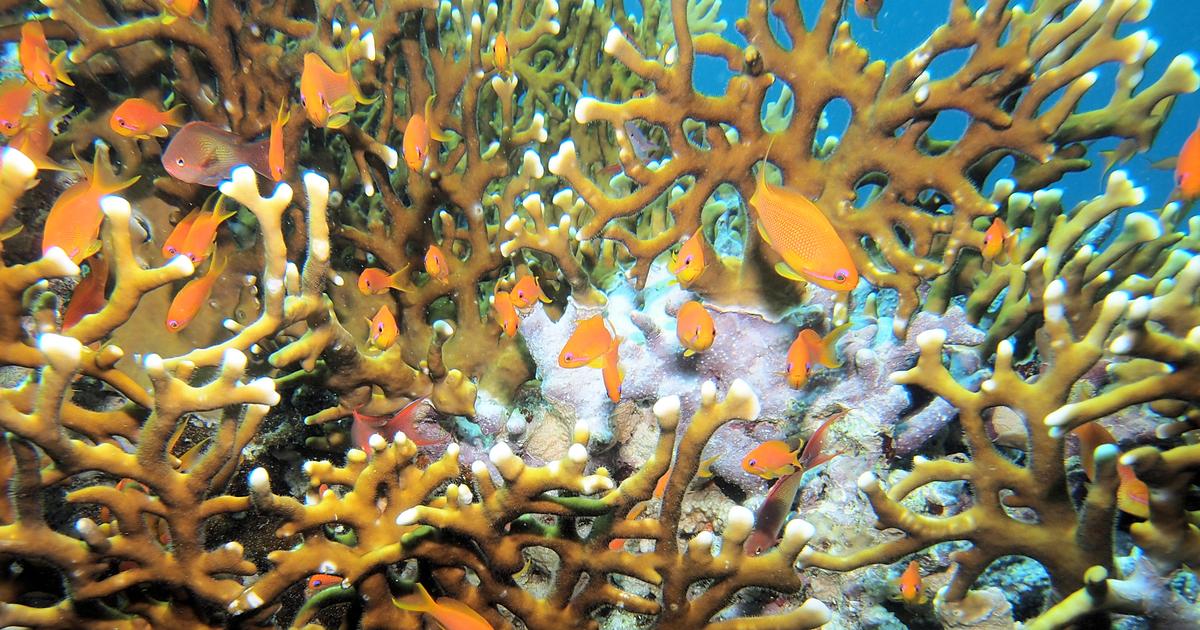A Franco-Norwegian mission discovered "on the site of Tell Ganoub Kasr al-Agouz, in the oasis of al-Bahariya, several buildings built in basalt, carved in stone and in brick", according to a press release from the Egyptian ministry. of Antiquities.
These correspond to "six sectors sheltering the remains of three churches and monks' cells" whose "walls bear graffiti and symbols with Coptic connotations," said the head of Islamic, Coptic and Jewish antiquities, Oussama Talaat, cited in the document.
Ancient Christian rock inscriptions in Greek discovered on the site of Tell Ganoub Kasr al-Agouz.
AFP / Egyptian Ministry of Antiquities
Also quoted by the ministry, the head of the mission, Victor Ghica, believes that this discovery makes it possible to understand "the development of buildings and the formation of the first monastic communities" in this Egyptian region.
In addition, he added that "19 buildings and a church carved in stone" were discovered in 2020.
The church carried “on its walls religious inscriptions” and biblical “in Greek” indicating “the monastic nature of life in the area” and the “presence of monks from the 5th century AD”.
Ancient Christian inscriptions on a clay fragment discovered on the site of Tell Ganoub Kasr al-Agouz.
AFP / Egyptian Ministry of Antiquities
Isolated in the desert, in the southwest of Egypt, far from the known villages of Roman times, the site which welcomed Christian ascetics was occupied from the 4th to the 8th century with a probable peak of activity around the 5th. and 6th centuries, according to the website of the French Institute of Oriental Archeology (IFAO) in charge of the mission.
Third excavation campaign
This excavation campaign is the third to be carried out on the site, after those of 2009 and 2013. The previous ones had already "brought to light new issues (...) such as the production and conservation of wine, as well as the 'cattle breeding in a monastic context or even commercial contacts with various regions of the Byzantine Empire ”, specifies the IFAO website.
Cairo has announced major archaeological discoveries in recent months and hopes that they will help revive tourism, a key sector undermined today by the coronavirus pandemic.
In February, the Egyptian Ministry of Tourism revealed the existence of a large-scale production brewery that would be "the oldest" in the world, on the archaeological site of Abydos (south).









